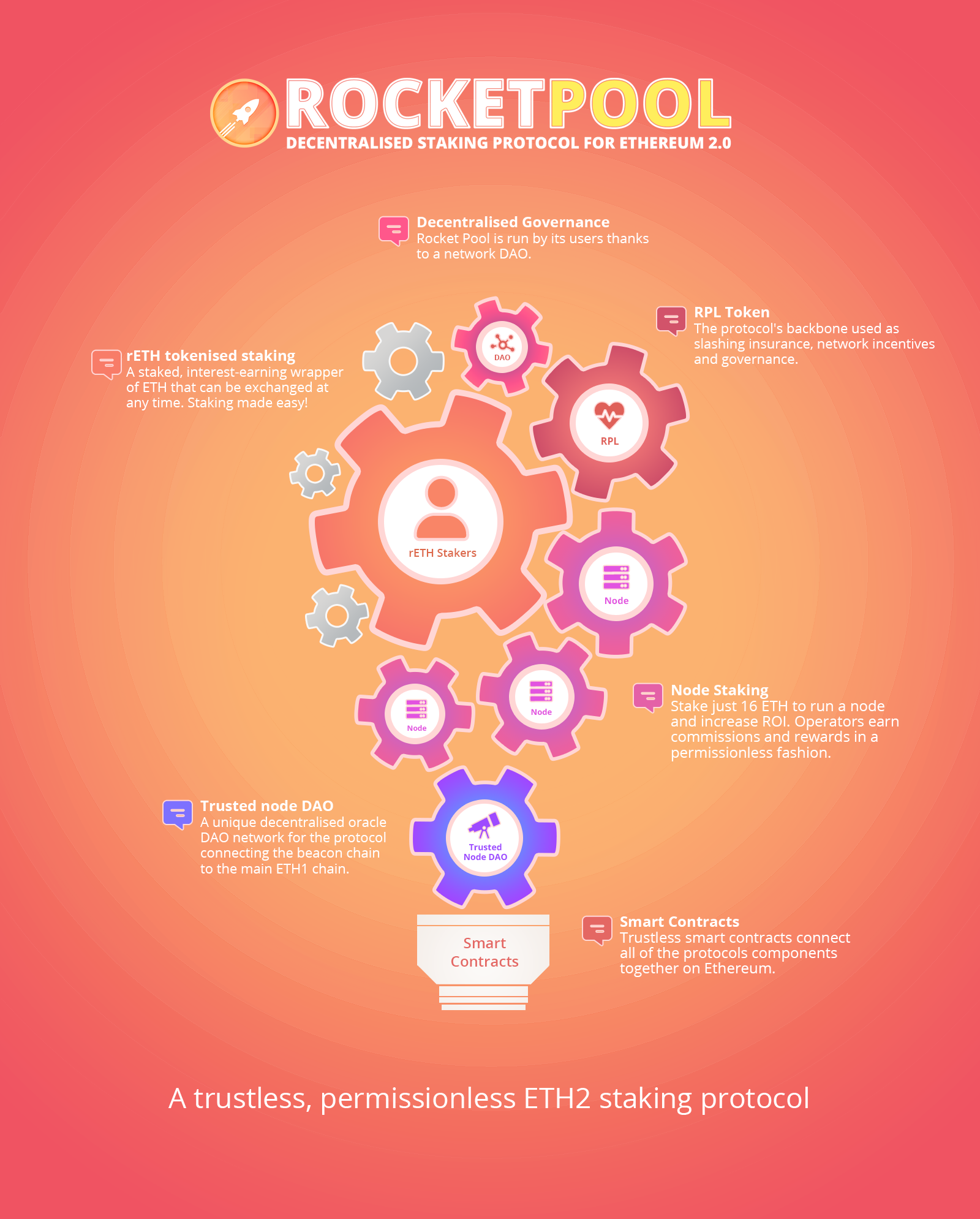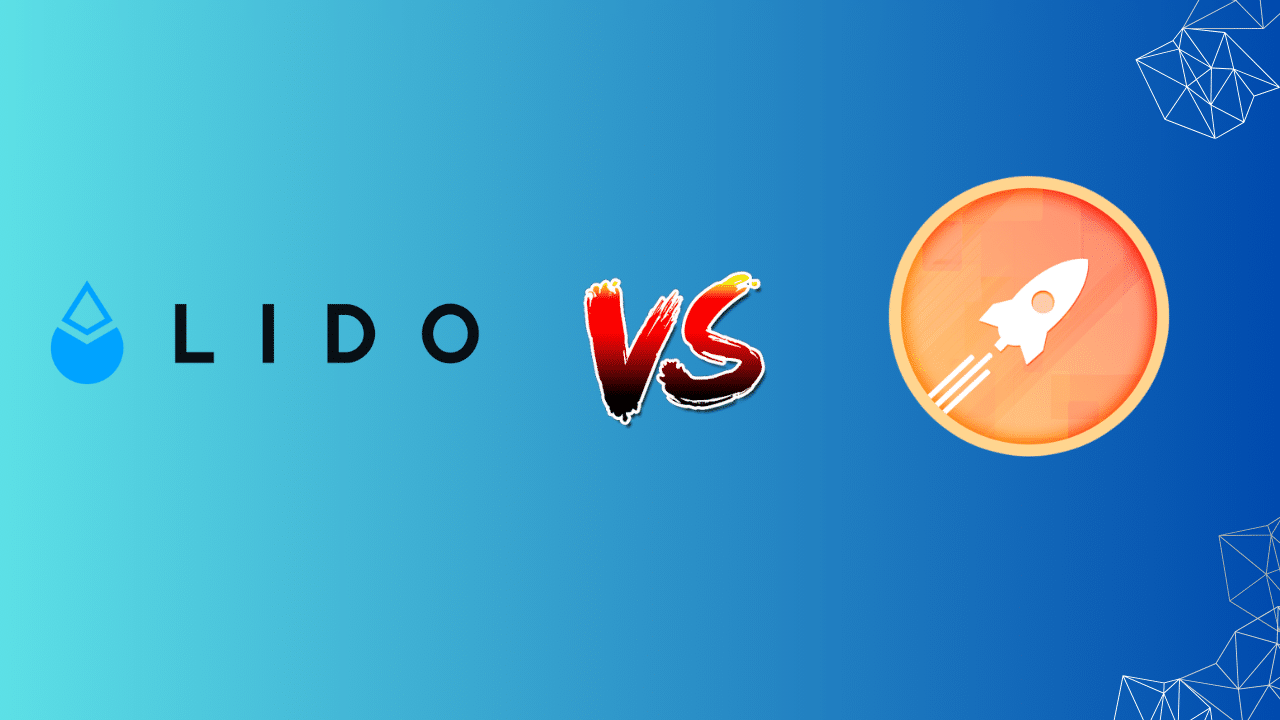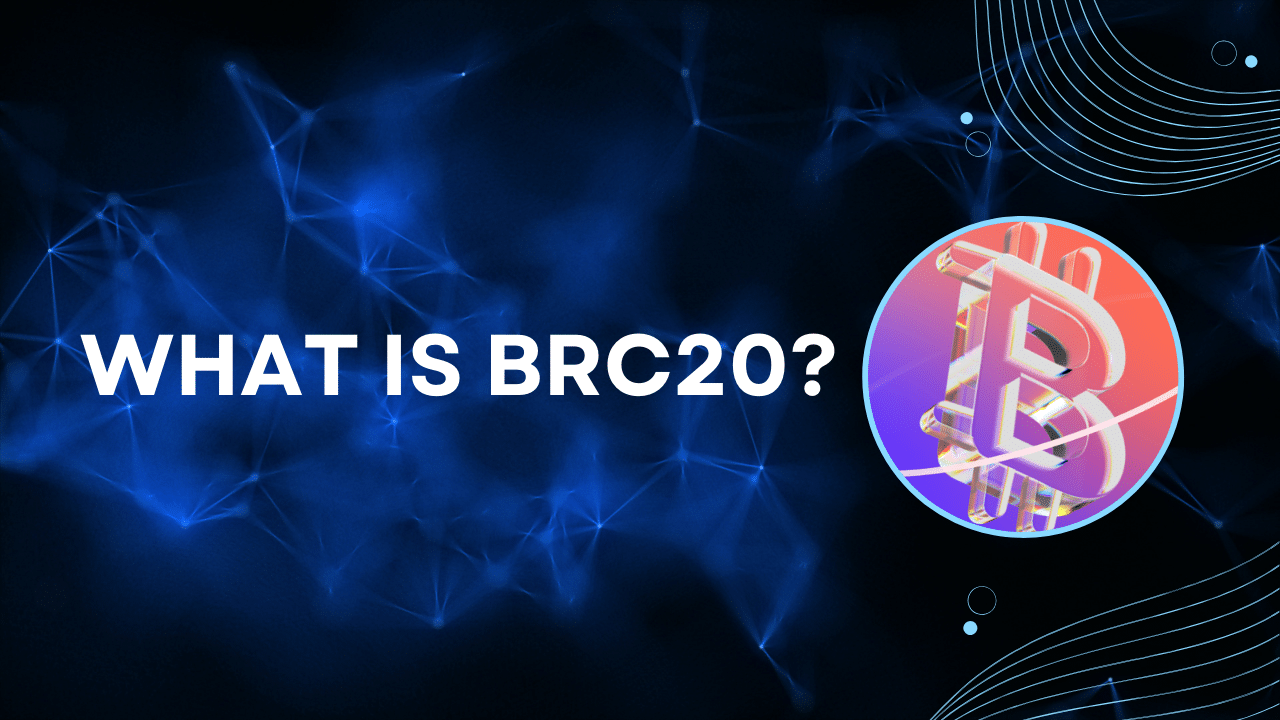Contents
|
|
Lido vs Rocket Pool are two popular Ethereum staking solutions that allow crypto users to earn passive income by participating in the network’s consensus mechanism through smart contracts. Stakers can take advantage of these platforms to generate profits. Understanding the differences between stakers and the amount of eth staked is crucial for investors and enthusiasts looking to maximize their staking rewards. A comparison of staked eth on different platforms can help in making informed decisions.
Lido, led by a dedicated team, provides a user-friendly approach to staking in the web3 space, allowing users to delegate their crypto tokens and receive liquid stETH tokens in return. This enables seamless participation in voting and earning yield. On the other hand, Rocket Pool is a community-driven protocol that enables users to stake ETH and earn RPL tokens while contributing to the security of the crypto network. Both the crypto protocols, staked ETH and stake ETH, play a significant role in the decentralized finance (DeFi) ecosystem, offering unique features and benefits to token holders.
Contents
Key differences: Lido vs Rocket Pool
Liquid Staking vs Decentralized Staking Network
Lido and Rocket Pool are two teams operating in the world of cryptocurrency staking. While both projects involve staking ETH, Rocket Pool has its own token. These differences set them apart. Lido functions as a liquid staking solution, providing a way to stake ETH in a crypto network. On the other hand, Rocket Pool is a decentralized staking network that allows users to stake their ETH and be part of a team.
Locking ETH vs Non-Locking ETH
One major difference between Lido and Rocket Pool lies in how they handle users’ Ethereum (ETH) holdings. Rocket Pool, a crypto protocol, offers a token called rocketpool that allows users to securely manage their ETH. With Lido, users can stake their crypto token (ETH) without locking it up for a specific period using the protocol. This means that users can freely use or transfer their crypto (ETH) while still earning staking rewards with the protocol. On the other hand, Rocket Pool requires users to lock their crypto (ETH) for a predetermined period when staking. During this time, the locked crypto cannot be accessed or transferred.
Minimum Staking Amounts
Another distinction between Lido and Rocket Pool is the minimum amount of staked ETH required for crypto staking. Lido, a crypto platform, offers a lower minimum threshold compared to Rocket Pool, making it more accessible to smaller crypto investors who may not have significant amounts of ETH to stake.
To summarize:
-
Lido operates as a liquid staking solution that allows users to stake their crypto, specifically ETH, without locking it up.
-
Rocket Pool functions as a decentralized crypto staking network where users must lock their ETH for a specified period.
-
The minimum amount required for staking crypto is generally lower with Lido compared to Rocket Pool. Staked ETH is a popular choice for many in the crypto community.
These differences make each platform suitable for different types of investors, including those who have staked eth, and cater to varying needs within the crypto community.
Centralization concerns: Lido and Rocket Pool
Relying on third-party custodians in the case of Lido
Lido and Rocket Pool are two popular platforms in the world of decentralized finance (DeFi) that offer liquidity and investment opportunities for crypto holders. However,There are some key differences between the two.
One potential centralization risk associated with Lido is its reliance on third-party crypto custodians. While Lido aims to provide a convenient way for users to stake their crypto assets and earn rewards, this approach introduces a level of counterparty risk. By entrusting their crypto assets to these custodians, users may face vulnerabilities such as security breaches or mismanagement by the crypto custodial service.
The decentralized nature of the Rocket Pool network
On the other hand, Rocket Pool takes a different approach to address centralization concerns in the crypto industry. The network is designed to be decentralized from the ground up, allowing community members to participate in securing and governing the platform. This means that no single entity has control over user funds or decision-making processes.
By leveraging a decentralized network of node operators, Rocket Pool offers increased security and reduces the risks associated with relying on centralized custodians. With a diverse group of participants securing the network, it becomes less susceptible to attacks or manipulation by any single party.
Potential security vulnerabilities in either platform
While both Lido and Rocket Pool strive to provide secure platforms for crypto holders, it’s important to acknowledge that no system is entirely immune to potential security vulnerabilities. Whether it’s through centralized custody arrangements or smart contract bugs, there are always risks involved when dealing with digital assets.
However, by adopting a more decentralized approach like Rocket Pool does, these risks can be mitigated significantly. By distributing control and decision-making power among community members rather than relying on centralized entities, there is greater resilience against potential threats.
Step-by-step guide: Staking ETH with Lido
Detailed instructions on how to stake ETH using the Lido platform
Staking your ETH with Lido is a straightforward process that allows you to earn rewards while contributing to the security and decentralization of the Ethereum network. Here’s a step-by-step guide to help you get started:
-
Create an Ethereum wallet: Before you can stake your ETH, you’ll need an Ethereum wallet. Popular options include MetaMask, Trust Wallet, and Ledger Live. Choose one that suits your preferences and set it up.
-
Connect your wallet to Lido: Once you have a wallet, visit the Lido Finance website and connect your wallet by clicking on the appropriate button. This will establish a secure connection between your wallet and the Lido platform.
-
Deposit ETH into the smart contract: After connecting your wallet, navigate to the staking section of the Lido platform. From there, select “Deposit” and specify the amount of ETH you wish to stake. Follow the prompts to confirm the transaction through your Ethereum wallet.
-
Monitor your staked assets: Once you’ve completed the deposit process, you can monitor your staked assets on Lido. The platform provides real-time updates on various metrics such as total value locked (TVL), rewards earned, and current APY (Annual Percentage Yield).
-
Claiming rewards: As a validator node operator in Liquid Staking powered by Lido, users receive daily liquid staking rewards proportional to their contribution in validating transactions on Ethereum 2.0 Beacon Chain.
By following these simple steps, you can start staking your ETH with Lido and begin earning rewards for supporting the Ethereum network’s security and decentralization efforts.
Step-by-step guide: Staking ETH with Rocket Pool
Providing step-by-step guidance on staking ETH via the Rocket Pool network
Staking your ETH with Rocket Pool is a straightforward process that allows you to earn rewards while contributing to the security and decentralization of the Ethereum network. Here’s a step-by-step guide to help you get started:
-
Create an account: Begin by creating an account on the Rocket Pool platform. This will require providing some basic information and setting up a secure password.
-
Deposit your ETH: Once your account is set up, deposit your ETH into the Rocket Pool smart contract. This will make your assets available for staking.
-
Choose a node: Next, you have the option to either create your own node or delegate your ETH to an existing one. Creating a node gives you more control over the staking process, while delegating allows you to participate without managing all aspects of running a node.
-
Delegate your ETH: If you choose to delegate, select the node you wish to delegate your ETH to from the available options on the platform. Delegating helps distribute risk and increase decentralization within the Rocket Pool ecosystem.
-
Earn rewards: As a staker in the Rocket Pool network, you’ll start earning rewards in the form of rETH tokens, which represent your stake in Ethereum 2.0. These rewards are distributed proportionally based on how much ETH is staked by each participant.
-
Monitor and manage: Keep track of your staked assets and rewards through Rocket Pool’s user-friendly interface or via web3 wallets compatible with their system.
Rocket Pool offers several advantages when it comes to staking ETH:
-
Flexibility: You can choose between creating your own node or delegating to an existing one.
-
Decentralization: By participating in Rocket Pool, you contribute to making Ethereum more decentralized and secure.
-
Rewards: Earn rewards in the form of rETH tokens, allowing you to benefit from Ethereum’s growth.
Staking ETH with Rocket Pool is a seamless process that enables you to actively participate in the Ethereum network while earning rewards. So why wait? Start staking your ETH with Rocket Pool today!

Comparative analysis: Features and benefits of Lido and Rocket Pool
Analyzing Key Features
When comparing Lido and Rocket Pool, it’s important to analyze their key features. Both platforms offer liquidity, decentralization, low fees, and a user-friendly experience. Lido provides users with the ability to stake their Ethereum (ETH) tokens and receive liquid stETH tokens in return. On the other hand, Rocket Pool allows users to become a node operator by depositing ETH into a smart contract pool.
Comparing Benefits
In terms of benefits, both Lido and Rocket Pool offer unique advantages. With Lido, users have flexibility in accessing their funds since stETH tokens can be traded on various decentralized exchanges (DEXs). This allows users to easily convert staked ETH back into ETH whenever they need it. Lido offers potential returns through staking rewards without the need for maintaining a node.
Rocket Pool also provides potential returns through its RPL token rewards. However, one of its main benefits is the risk mitigation strategy it employs. By allowing multiple node operators to collectively secure the network, Rocket Pool reduces the risk associated with single-point failures or malicious activity.
Evaluating Pros and Cons
To help users make an informed decision between Lido and Rocket Pool, let’s evaluate their pros and cons:
Pros of Lido:
-
Liquidity through tradable stETH tokens.
-
Easy access to funds without maintaining a node.
-
Potential returns from staking rewards.
Cons of Lido:
-
Centralized custodial solution.
-
Dependency on Ethereum 2.0 Phase 2 implementation.
Pros of Rocket Pool:
-
Decentralized network with multiple node operators.
-
Risk mitigation through collective security measures.
-
Potential returns from RPL token rewards.
Cons of Rocket Pool:
-
More complex setup process compared to Lido.
-
Limited liquidity options compared to trading stETH tokens.
By considering these pros and cons, users can weigh the features and benefits of Lido and Rocket Pool to choose the platform that aligns with their priorities.
Verdict on Lido vs Rocket Pool
Now that we have examined the key differences, centralization concerns, step-by-step guides, and comparative analysis of Lido and Rocket Pool, it’s time to reach a verdict. Both platforms offer opportunities for staking ETH and earning rewards, but they cater to different needs.
If you’re looking for a simple and user-friendly experience with minimal setup requirements, Lido is the way to go. It provides a hassle-free solution that allows you to stake your ETH with ease. On the other hand, if you value decentralization and want more control over your staking process, Rocket Pool might be the better choice. It offers a unique decentralized network of node operators that ensures security and reliability.
Ultimately, the decision between Lido and Rocket Pool depends on your personal preferences and priorities. Consider what matters most to you – simplicity or decentralization – and choose accordingly. Whichever platform you choose, remember to do thorough research before making any investment decisions.
FAQs
Can I stake any amount of ETH with Lido or Rocket Pool?
Yes! Both Lido and Rocket Pool allow users to stake any amount of ETH. Whether you have a small or large amount of ETH, these platforms provide options for everyone.
Are my funds safe when staked with Lido or Rocket Pool?
Both platforms prioritize security measures to protect your funds. However, it’s important to note that no system is completely immune from risks. Always exercise caution when dealing with cryptocurrencies.
What are the fees associated with staking on Lido versus Rocket Pool?
Lido charges a small fee for its services which covers operational costs and ensures continuous development of the platform. On the other hand, Rocket Pool has its own fee structure which may vary depending on various factors such as network demand.
Can I unstake my ETH at any time on both platforms?
Yes! Both Lido and Rocket Pool offer flexibility. You can withdraw your funds whenever you want, subject to any lock-up periods or conditions specified by the platform.
Do Lido and Rocket Pool support other cryptocurrencies for staking?
Currently, Lido and Rocket Pool primarily focus on ETH staking. However, it’s always worth keeping an eye on updates from these platforms as they may introduce support for other cryptocurrencies in the future.








